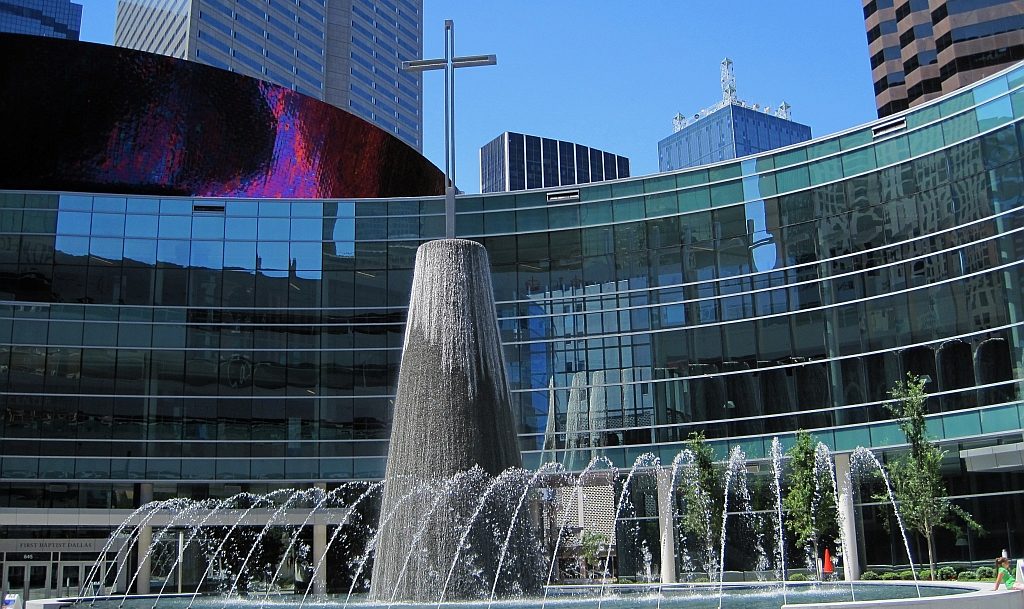Recently I was talking with a dear friend about how the gift that our particular collegiate experience gave us could be summarized this way: It made it possible for us to disentangle “Christianity” from “stupid American evangelical crap.”
Login to read more
Sign in or create a free account to access Subscriber-only content.
Topics:
